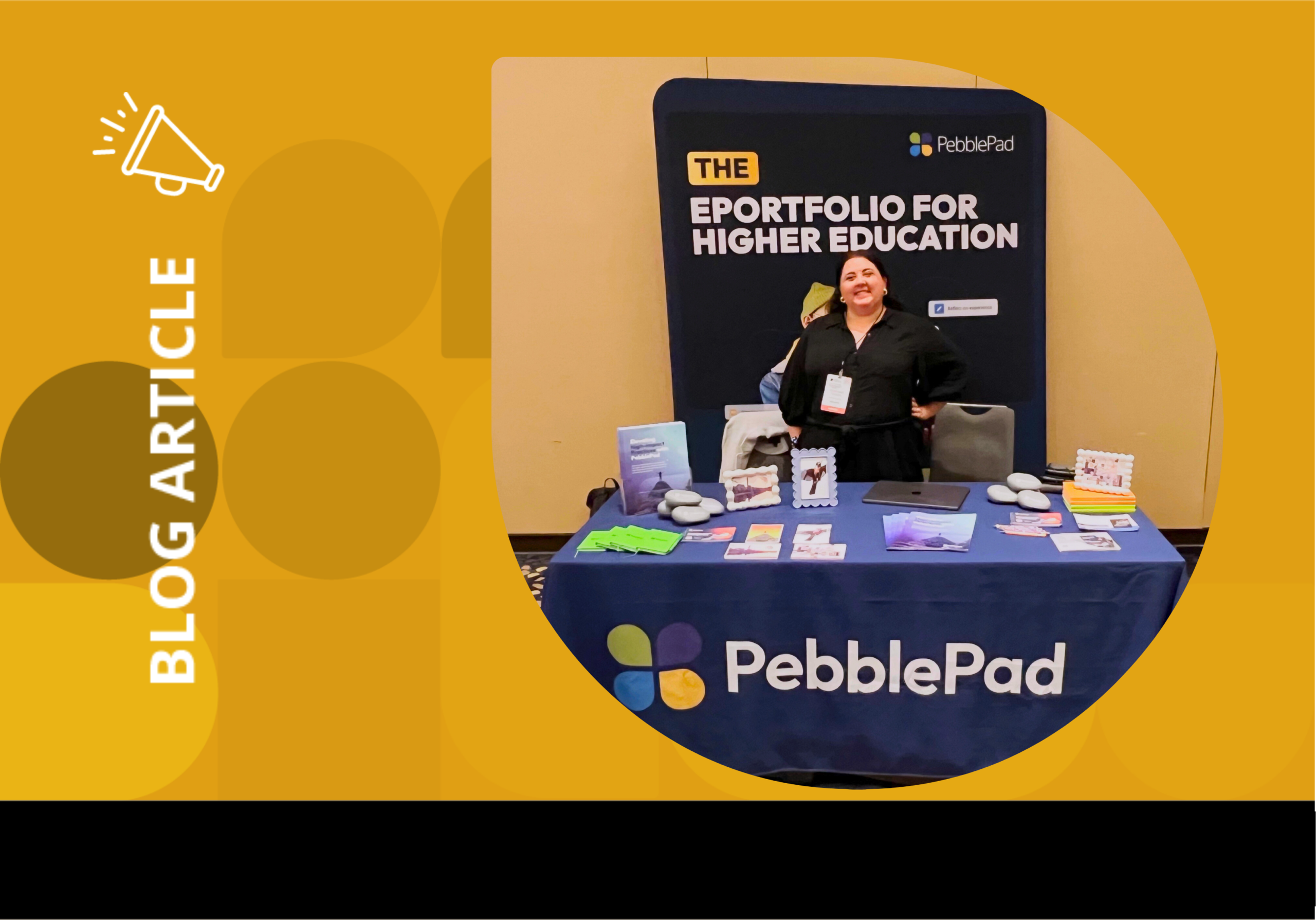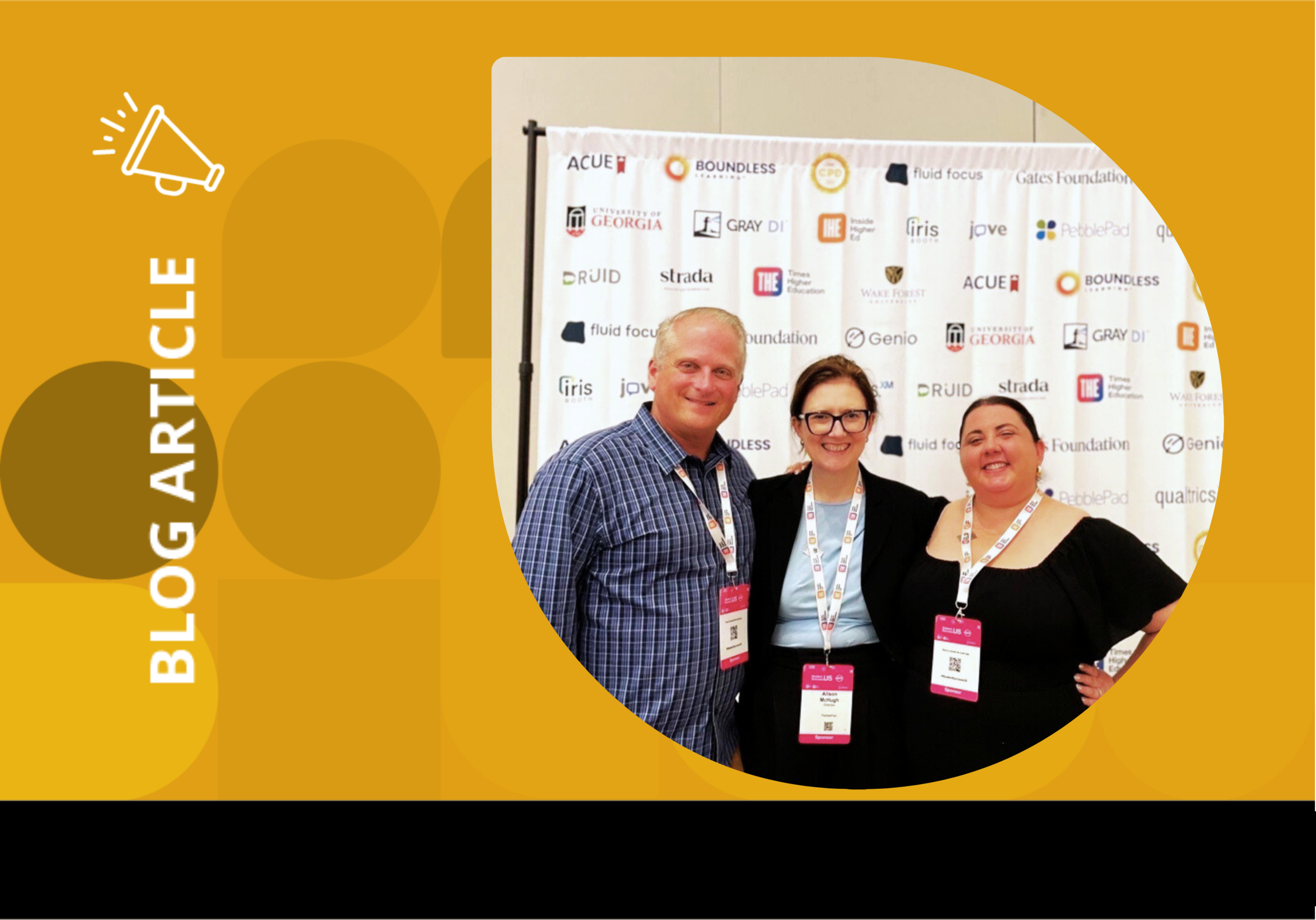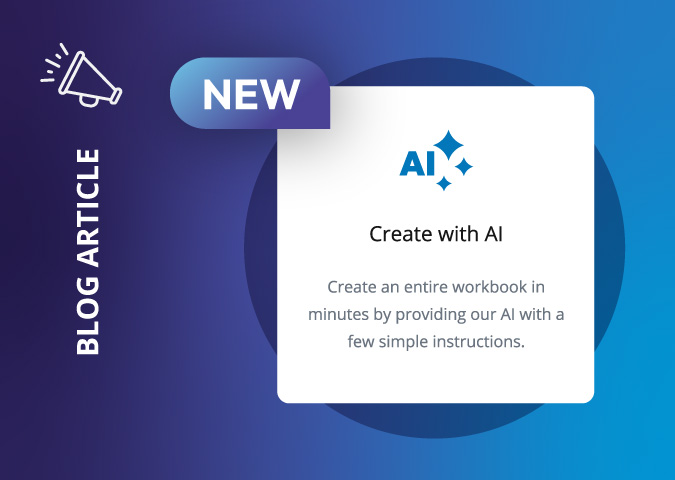As part of our relaunched regional PebblePad User Group events, educators from across Wales, the South and the West of England gathered at the University of Worcester for a day of sharing, learning and connecting this June.
With conversation, coffee (and plenty of cake!), this insight-packed event celebrated institutional successes, explored challenges and deepened our collective understanding of how PebblePad can support meaningful educational experiences – from structured workbooks in healthcare to research dissemination and system implementation.
1. Swansea University: Supporting clinical learning and research
Associate Professor of Digital Education (Health), Dr. Rebecca Pratchett, kicked off the day with a compelling look at how PebblePad is being used to support both clinical education and research dissemination. In healthcare programmes, PebblePad has become a cornerstone for scaffolding learning on placement.
Initially, students were encouraged to build their own ePortfolios from scratch – but this approach proved challenging. The university responded by introducing structured workbooks to fully scaffold the approach. These have now evolved to include creative spaces (‘placeholder’ pages), enabling students to creatively demonstrate their learning journey, all while still benefiting from a guided structure.
Big picture
Rebecca also highlighted how PebblePad is being used to showcase research. The ‘Milk Bank Mums’ project, which explores barriers to breast milk donation, used PebblePad ePortfolios to host its research outcomes in a dynamic, accessible format. This approach not only supported dissemination but also enabled researchers to retain and build on their work through Alumni accounts – a great example of how PebblePad can support lifelong learning and professional development.
Outside the UK, Swansea’s partnership with the Uniciti International Education Hub in Mauritius represents a standout example of true global collaboration. PebblePad plays a central role in delivering hybrid nurse training, acting as the digital ‘top pocket’ where all the learning happens – and where essential resources can be stored and accessed in an instant.
2. University of the West of England, Bristol: Designing for success
Robyn Weeks, Senior Digital Learning Designer at the university, shared how her team has developed a structured approach to PebblePad workbook design, particularly within the College of Health, Science and Society. To manage rapidly growing usage rates, the digital learning team introduced a set of design principles and collaborative frameworks for both digital learning team members and academics to ensure consistency and quality.
At the heart of this approach is its PebblePad Learning Design Pack, which includes:
- ePortfolio design principles to guide pedagogically sound and inclusive learning activities.
- ‘Design and Ways of Working’ guide to streamline processes and deliver scalability.
- A learning design agreement to foster collaboration between academics and learning designers.
- A final checklist to ensure agreed design elements are always in place before launch.
This structured methodology lets academics take ownership of their workbooks while benefiting from the expertise of the digital learning team – a model of partnership that’s proving to be both efficient and effective.
3. Cardiff University: Making SaaS work in Higher Education
College Education Information Systems Manager, Peter Cresswell, offered a thought-provoking session on implementing and managing SaaS systems in higher education. Drawing on his experience, Peter encouraged us to think beyond the software itself and focus on outcomes, not the ‘journey’. Key takeaways included the importance of understanding system capabilities, aligning implementation with institutional goals, and ensuring ongoing resources, support and development.
Importantly, Peter reminded us that success depends not just on the technology – but on the people and processes that surround it. From securing senior stakeholder buy-in to investing in the right expertise, his session offered a practical roadmap for making the most of SaaS platforms such as PebblePad.
4. Exploring the Future: AI Possibilities in PebblePad
Led by Toni Lavender, PebblePad’s CPTO, our AI workshop rounded off the day, exploring potential ideas for how AI might enhance our platform. A prototype demonstration sparked discussion around potential benefits, including easing the learning curve for new users and supporting iterative workbook updates.
Participants reflected on how AI could shift focus from manual tasks to more strategic learning design, while also raising important considerations around data, ownership and collaboration. The session offered valuable perspectives to help shape PebblePad’s future development – all while underlining the importance of keeping user needs and ethics in mind at all times.
Looking ahead
As the day ended, one thing became clear: the PebblePad community in Wales, the South and the West is thriving. With thoughtful design, a collaborative spirit and a shared commitment to enhancing learning, the speakers at the PUG inspired us with their examples of innovative practice.
• Main image by Philip Halling.












